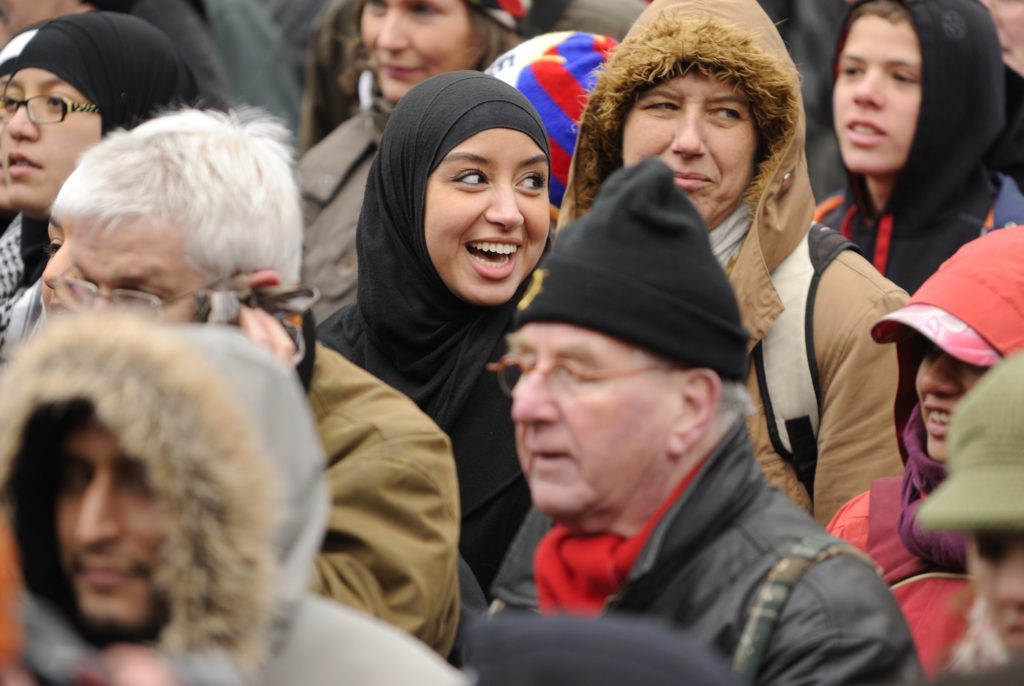European Muslims have more confidence in institutional democracy than the European average. Moreover, more than three-quarters feel a strong attachment to the country in which they live. This emerges from a study by the EU Fundamental Rights Agency (“EUFRA”).
Last year, the organisation questioned more than 10,500 Muslim immigrants belonging to first and second generation groupings, originally from Turkey, Africa and Asia living in fifteen European Union countries. The Director of the EUFRA, Michael O'Flaherty, stressed, “The results of our survey entirely undermine the credibility of the assertion that Muslims are not integrated within our societies.”
Thus 76% of those questioned feel a strong attachment to the country in which they live, and 85% assert that violence as a response to religious or racist insults always lacks any basis. This aversion to violence is even slightly stronger amongst non-Muslims. European Muslims also have more confidence in democracy than the European average.
However, Michael O'Flaherty acknowledges that Muslims who have been confronted by discriminatory and hateful acts feel less linked to their community than an individual who has never been faced with such a situation.
Moreover, the study stresses that religious discrimination is constantly increasing. Almost one in five respondents acknowledges having been subject to discrimination by landlords, employers or civil servants in the last five years, owing to their religion. This compares to a similar study in 2008, with one in ten respondents then saying that they had suffered such discrimination.
The Director of EUFRA warns, “We risk alienating both individuals and their communities, which could have serious consequences.”
The Brussels Times

